Designed as the conceptual successor to the Athena rescue truck which made its first appearance at the 2019 Tokyo Motor Show, the Fuso Vision I.RQ and HeliDroid were designed to be your best chance at surviving a calamity. The I.RQ is an advanced, fully equipped rescue truck that’s designed to work on a variety of terrains… and for the places where it can’t reach immediately, it has its own rescue drone that can perform reconnaissance missions for it.
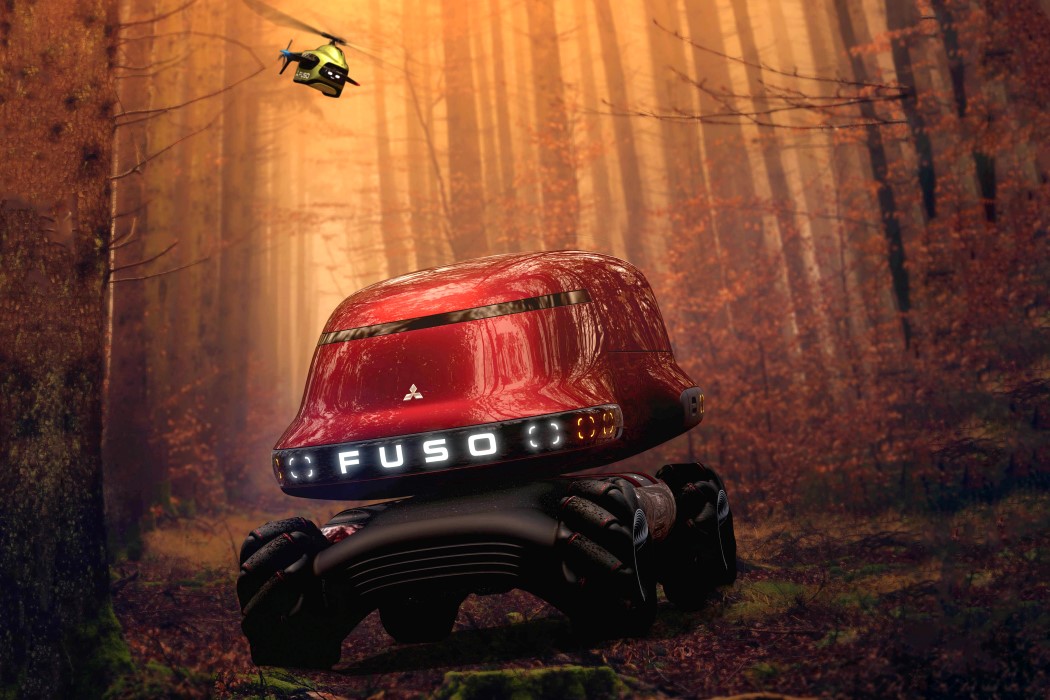
The I.RQ and HeliDroid work in tandem to perform highly specialized rescue missions. The rescue truck itself sits on a modular chassis, allowing the upper cabin to be attached to various types of platforms for different terrain. The model shown in the images above and below comes outfitted with Mecanum wheels that allow it to move in any direction and even rotate on its own axis for flexible mobility. “The styling gives the surfaces a lot of volume as a progressive look into what is considered tough. This results in a more simplified design by also keeping surface interaction of various shapes very fluid. As this is an autonomous vehicle, we use our black belt concept, which continues to the side, to enclose the radars and an illuminated FUSO logo”, says lead-designer Tanay Patel.
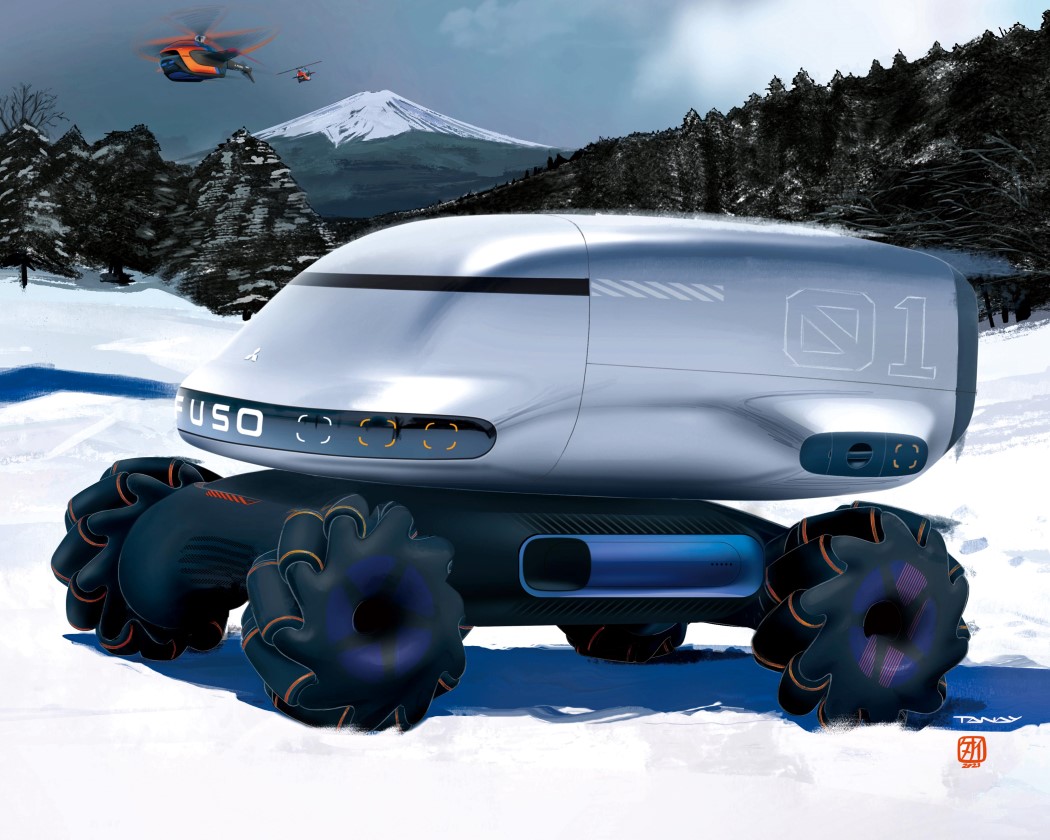
The I.RQ’s most interesting feature is its companion drone, which can help locate victims in dense or difficult-to-reach areas. The drone is deployed in emergency scenarios to rapidly locate and pinpoint victims by scanning the terrain. Equipped with big rotors for vertical lift and electric ducted fans for horizontal flight, the drone can carry as much as 10 liters of supplies and cargo to victims. It even comes with its own onboard AI assistant which interacts with victims through its anthropomorphized face-display, providing a sense of comfort to them in moments of distress and letting them know that help’s on the way. When the HeliDroid locates and identifies the victim and drops off its emergency supplies/cargo, it makes its way back to the I.RQ truck, which opens up to transform into a landing pad for the drone. “Our aim at advanced design is to create a benchmark for ourselves with designs like these so we can apply some of these design cues to the next generation of production vehicles”, Tanay told Yanko Design.
Designers: Tanay Patel, Benoit Tallec, Tsuchide Satoshi, Ryoko Kurosu and Diego Santos
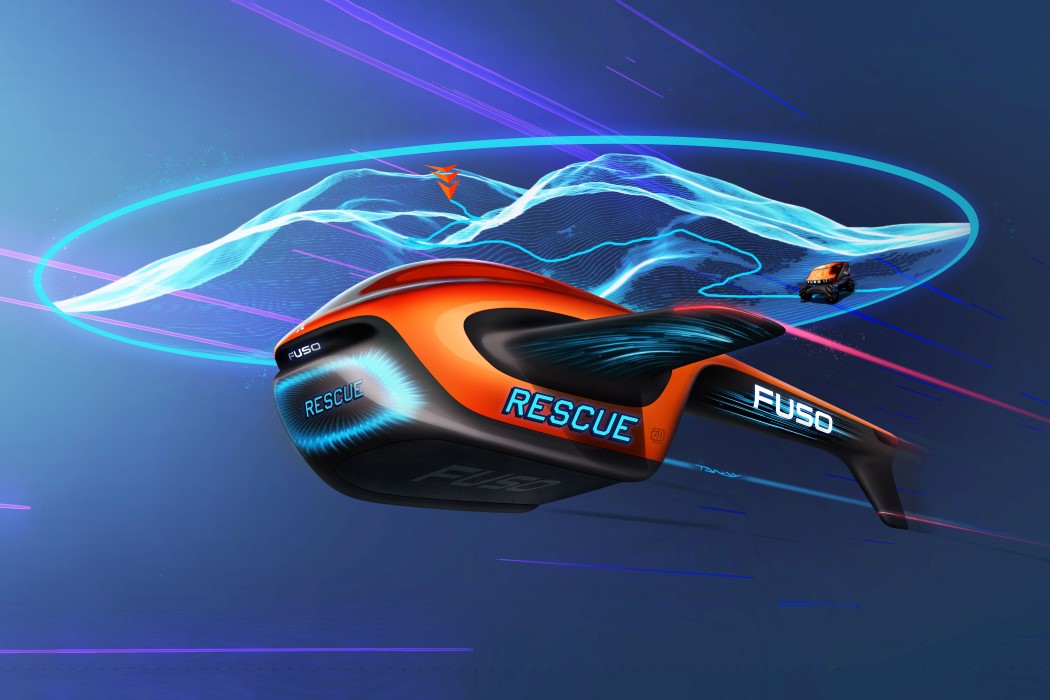

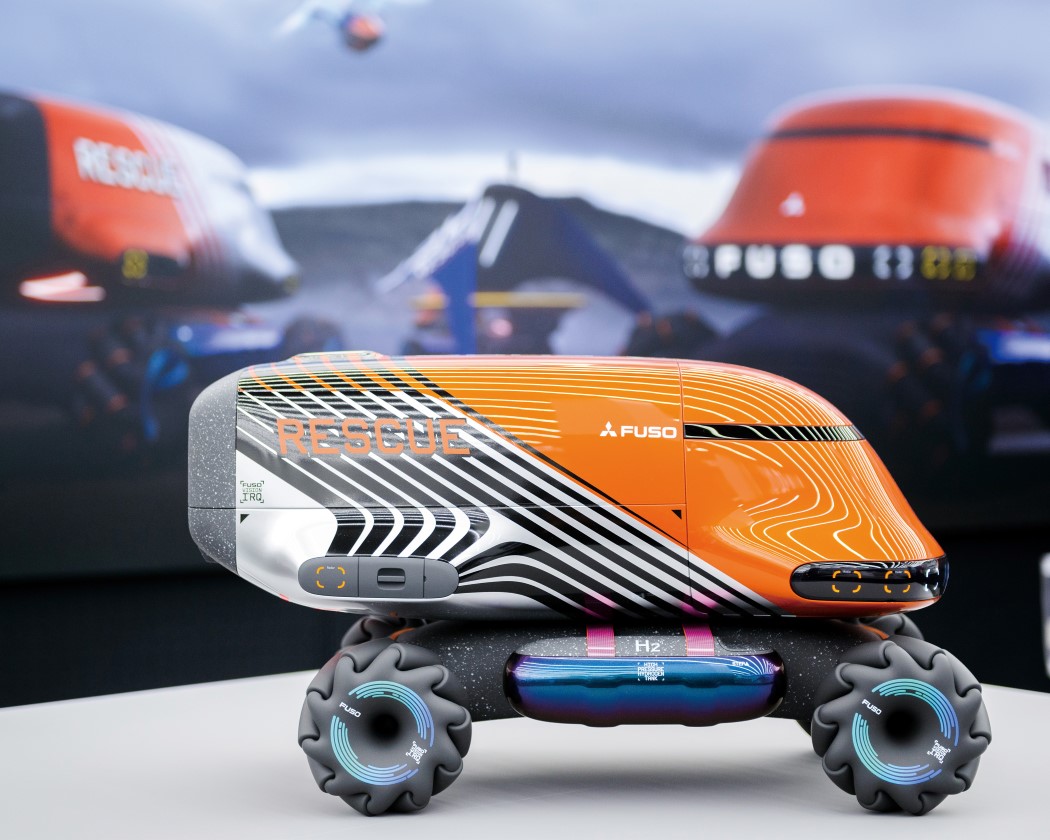
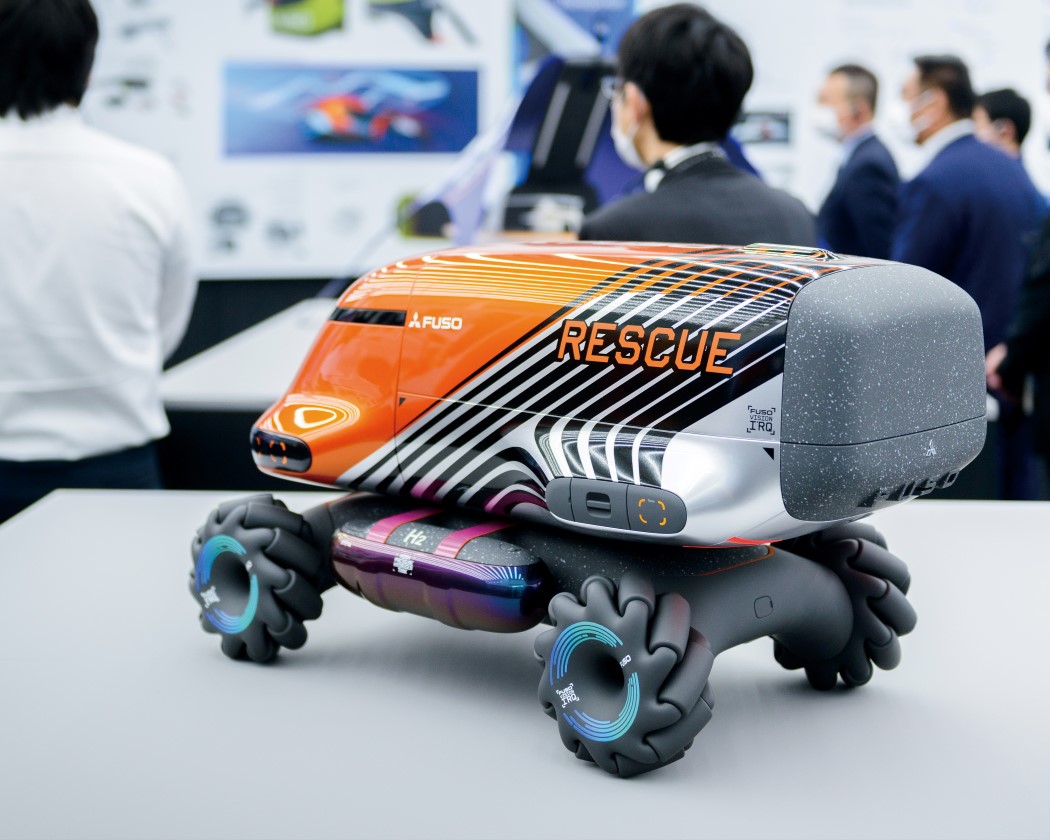
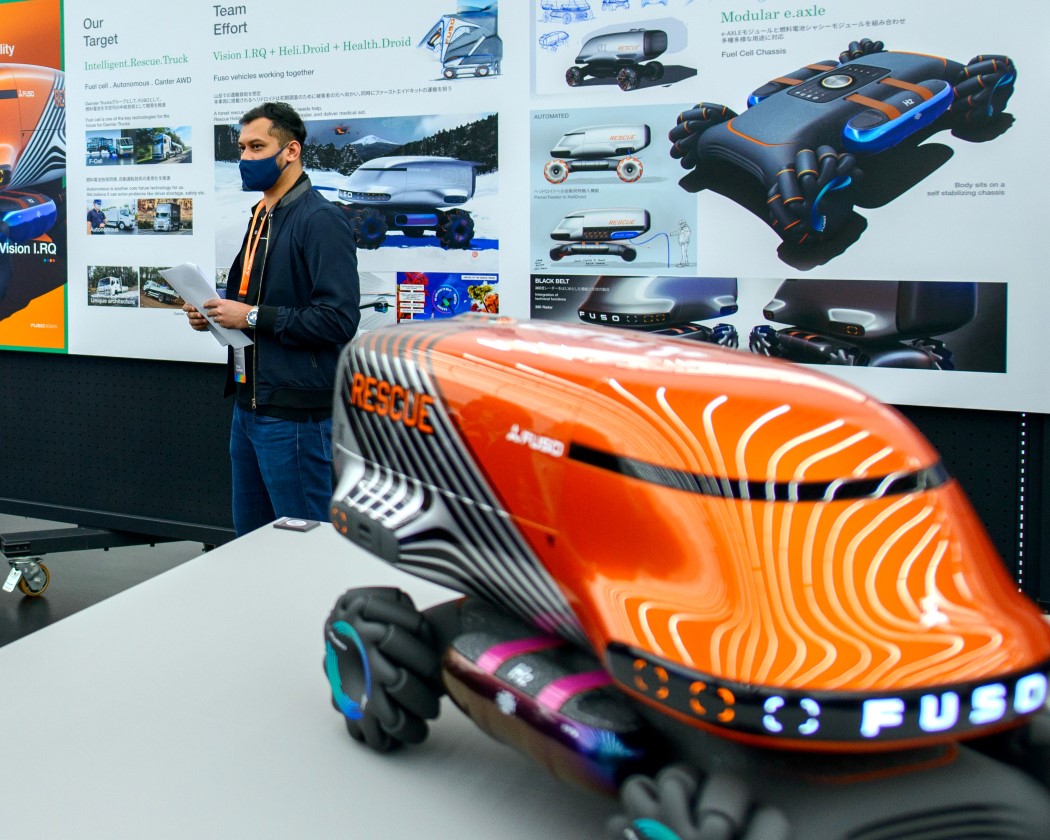
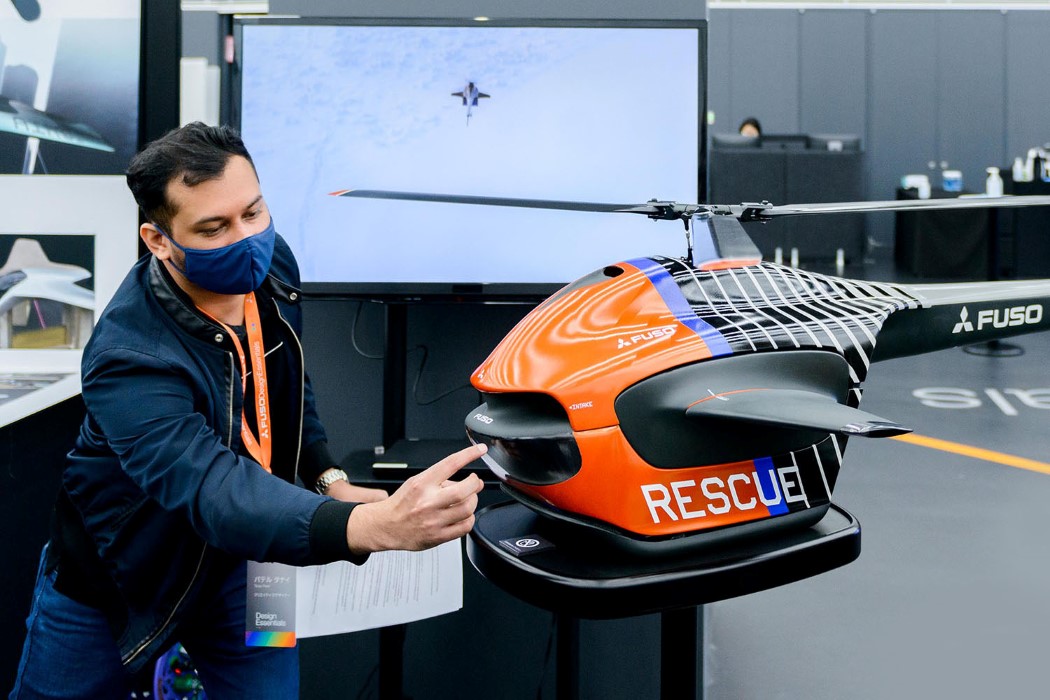
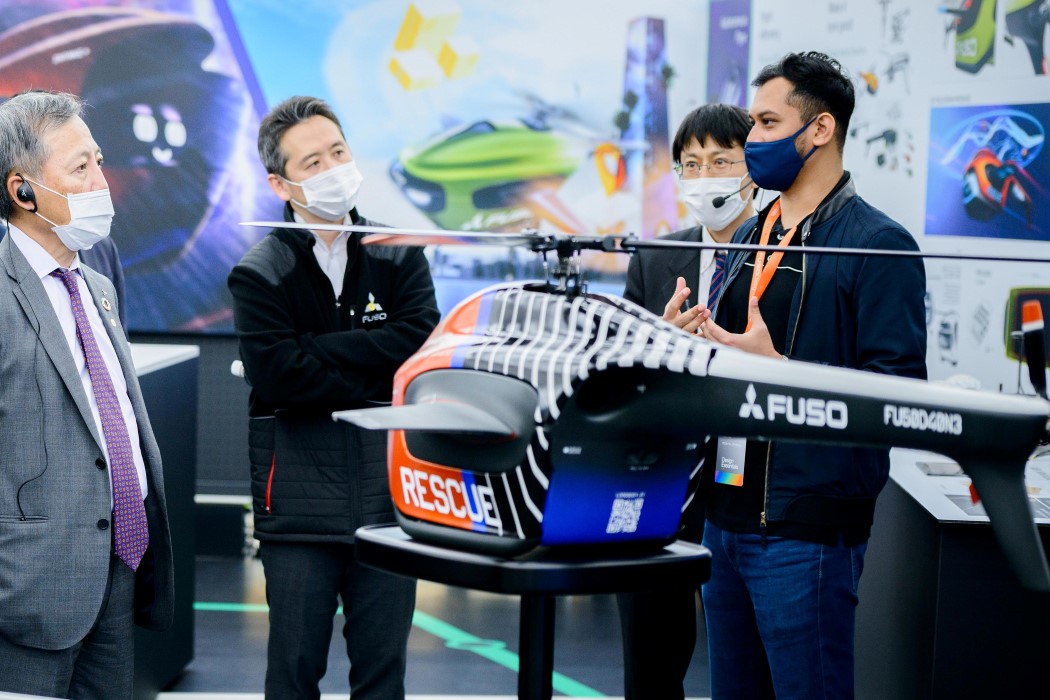
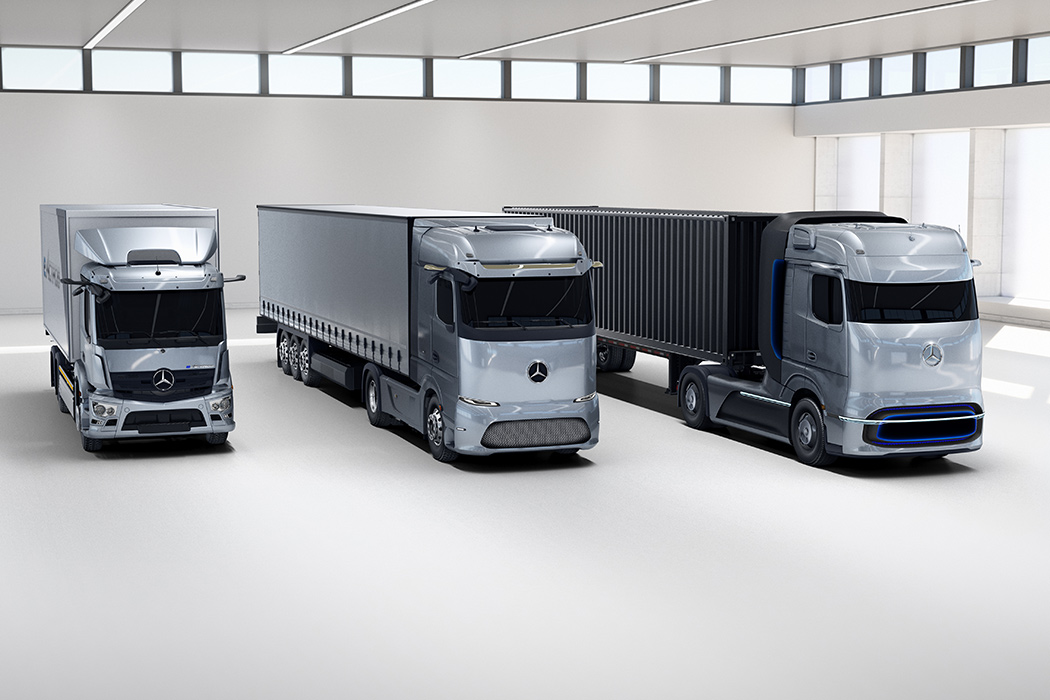
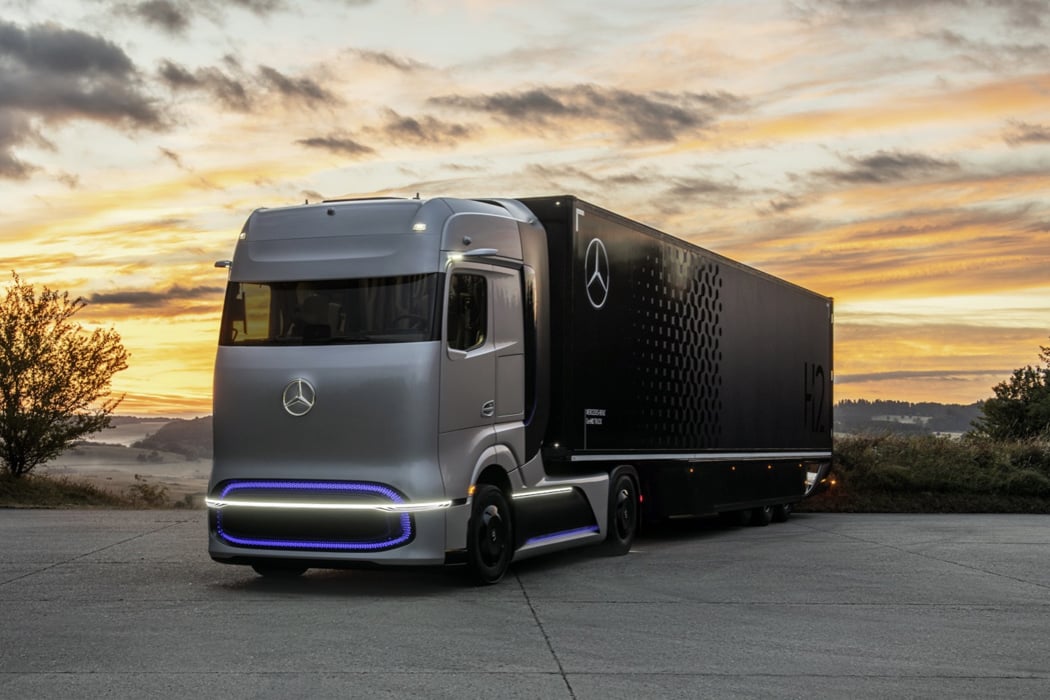
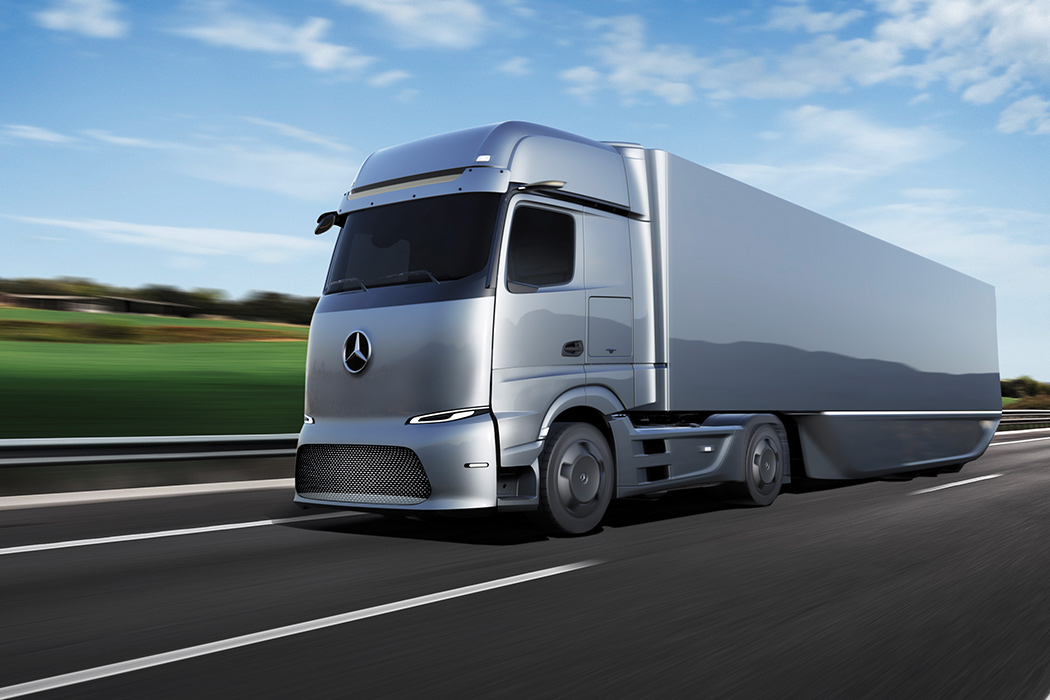
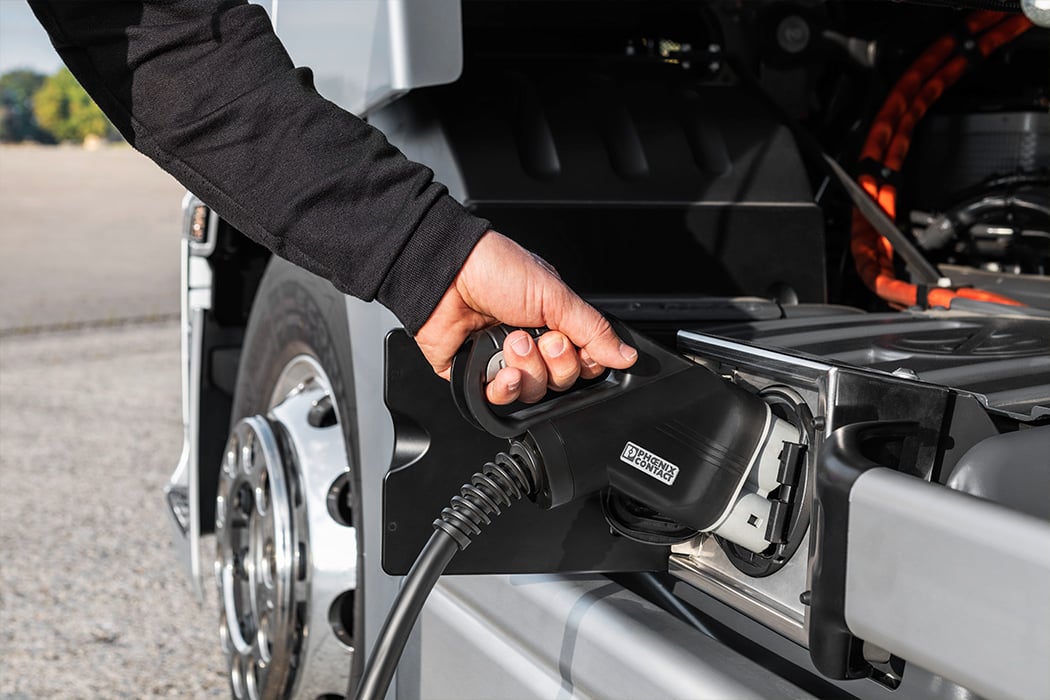
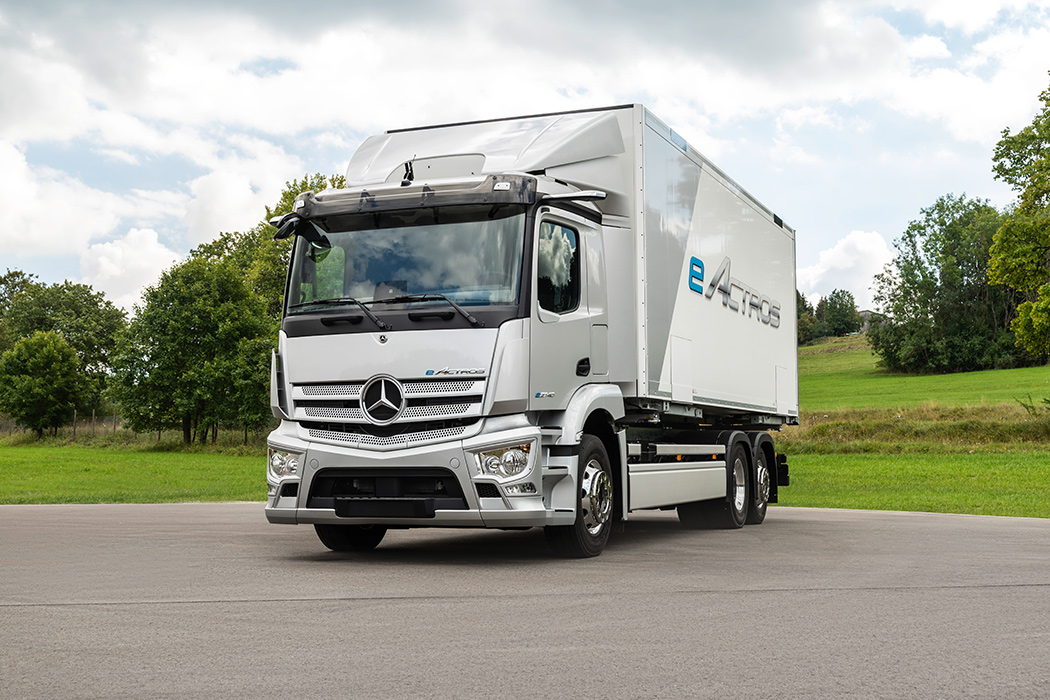
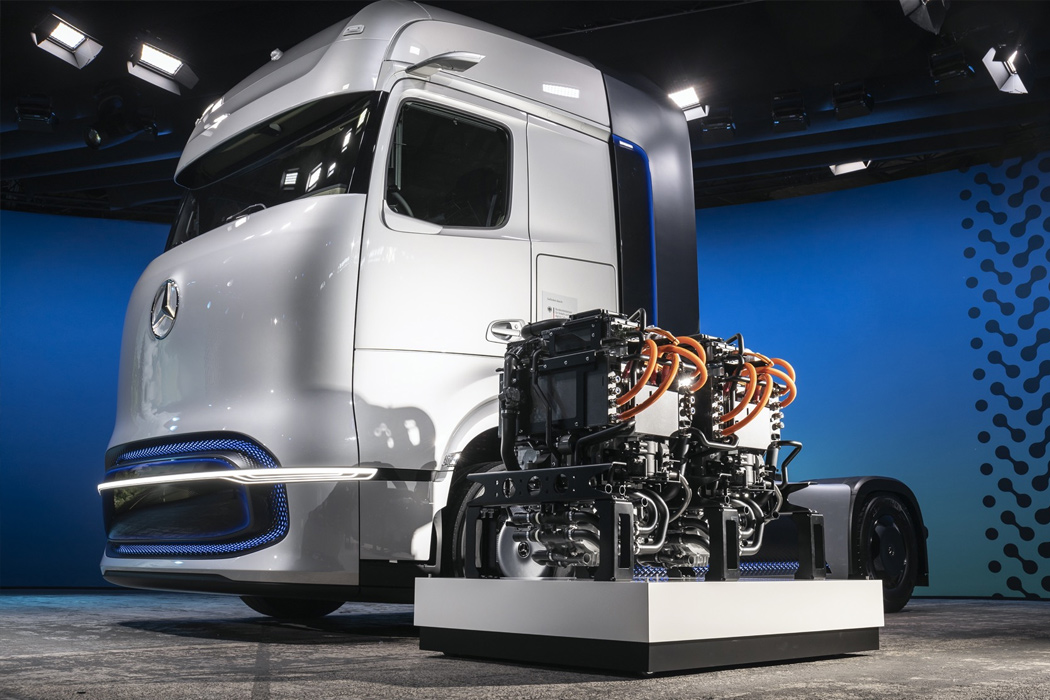
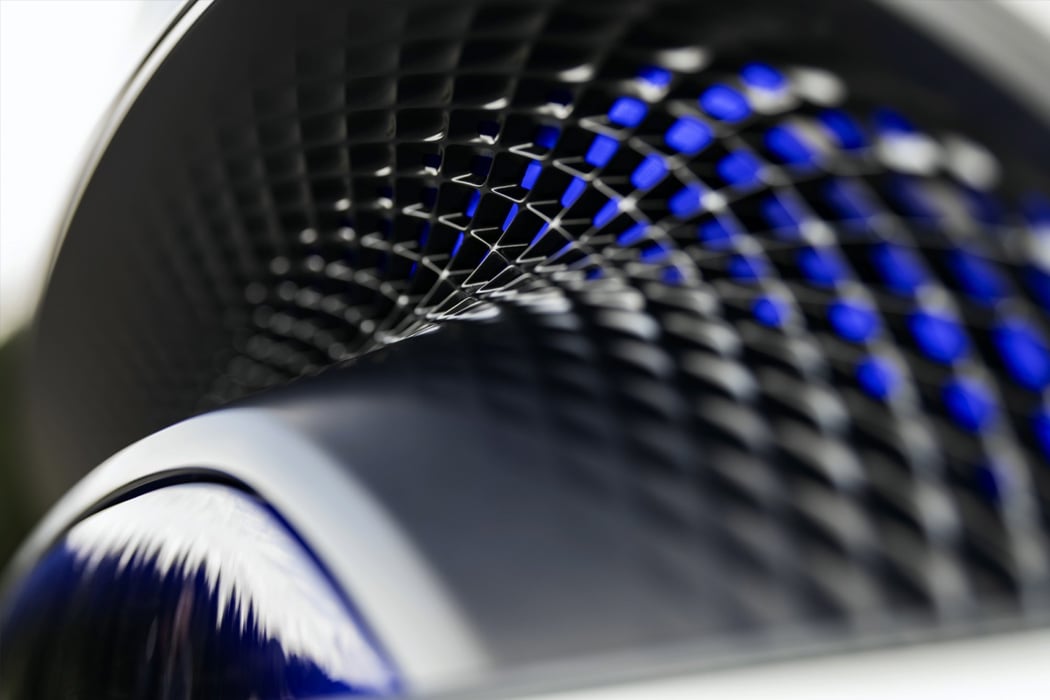
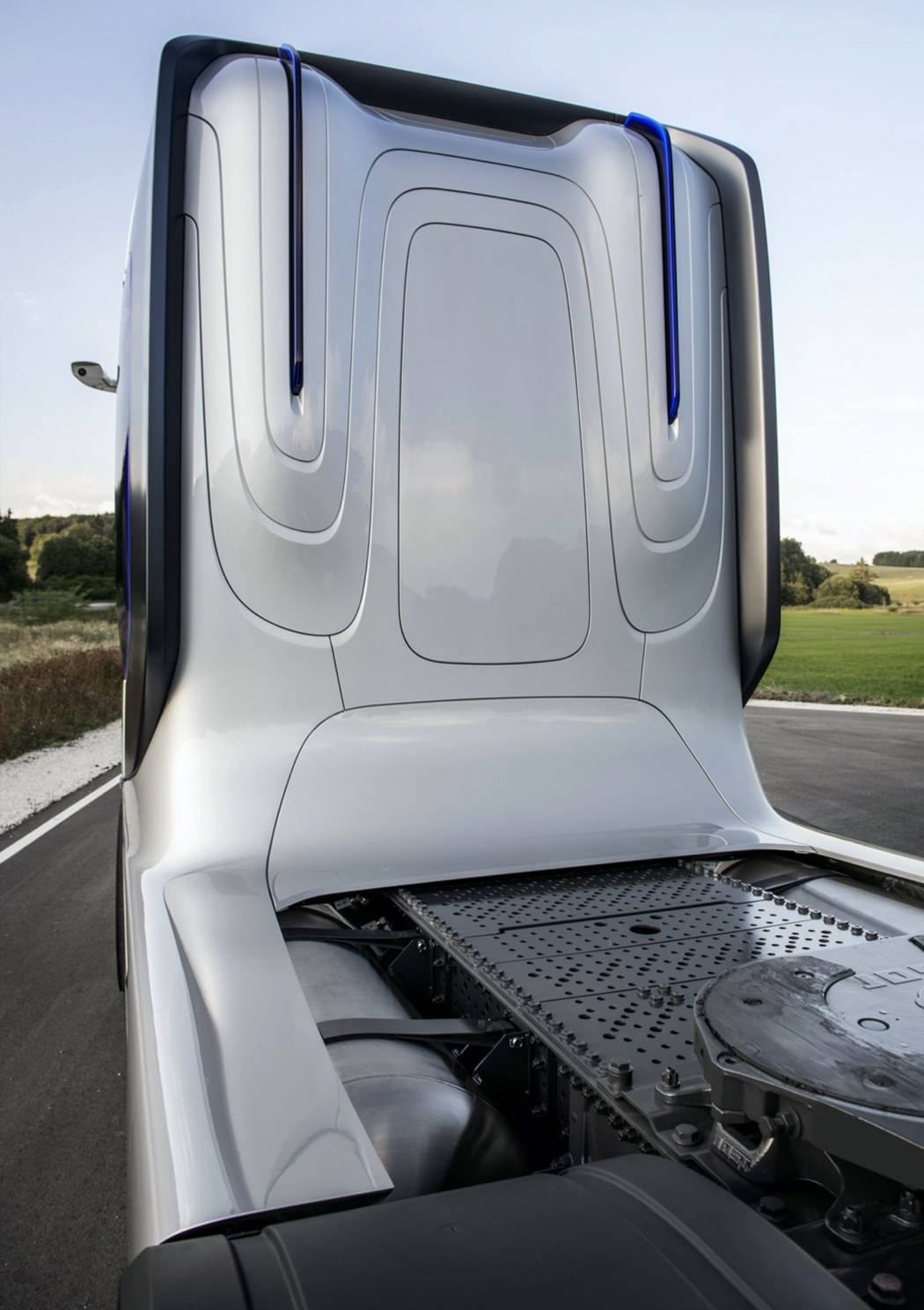
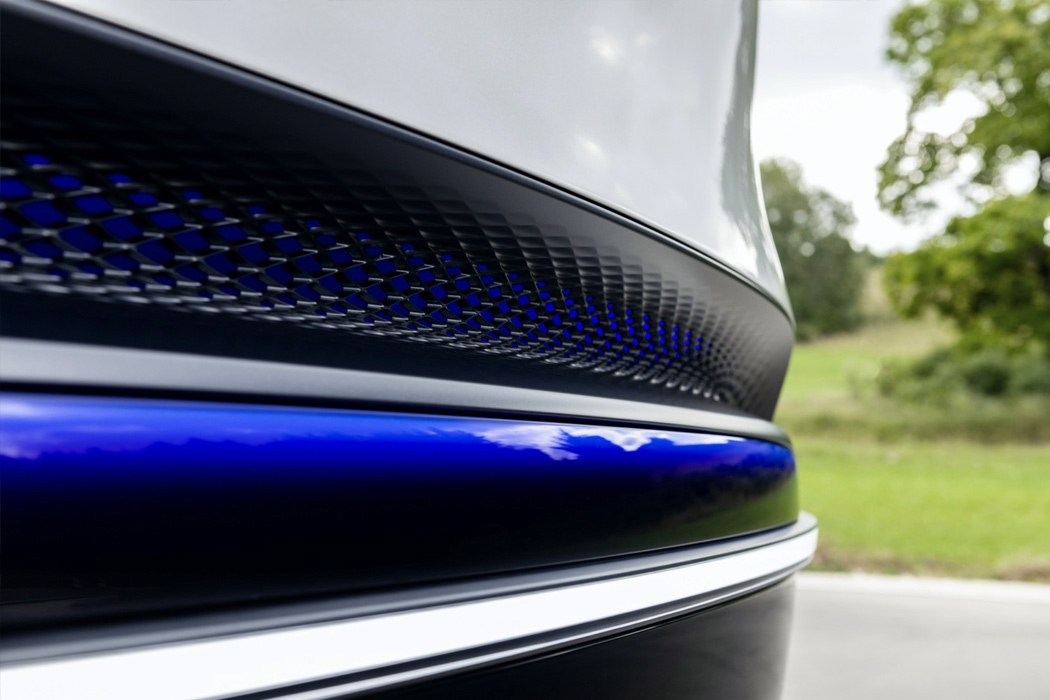
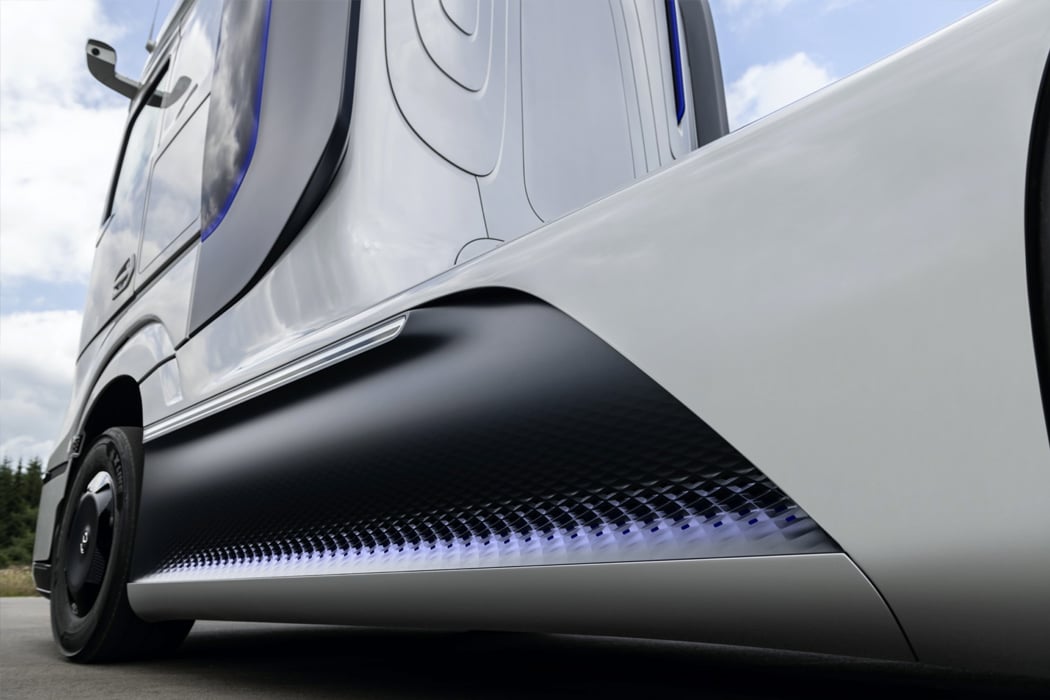
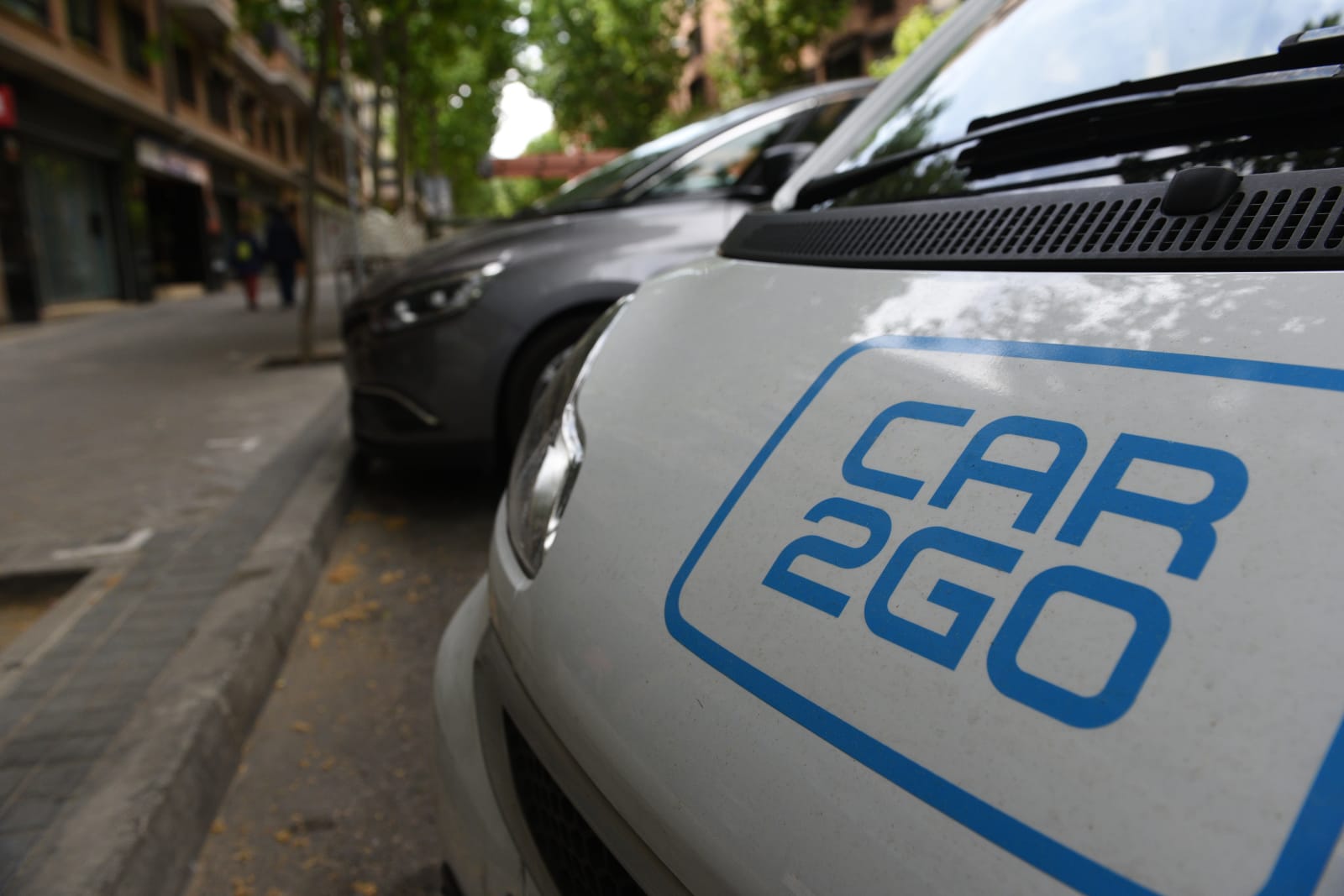 Car sharing in the US is about to take another hit. Share Now is shutting down its Car2go service in North America by February 29th, 2020, with "fewer vehicles available" as that date approaches. The company was blunt about the reasoning in a state...
Car sharing in the US is about to take another hit. Share Now is shutting down its Car2go service in North America by February 29th, 2020, with "fewer vehicles available" as that date approaches. The company was blunt about the reasoning in a state...
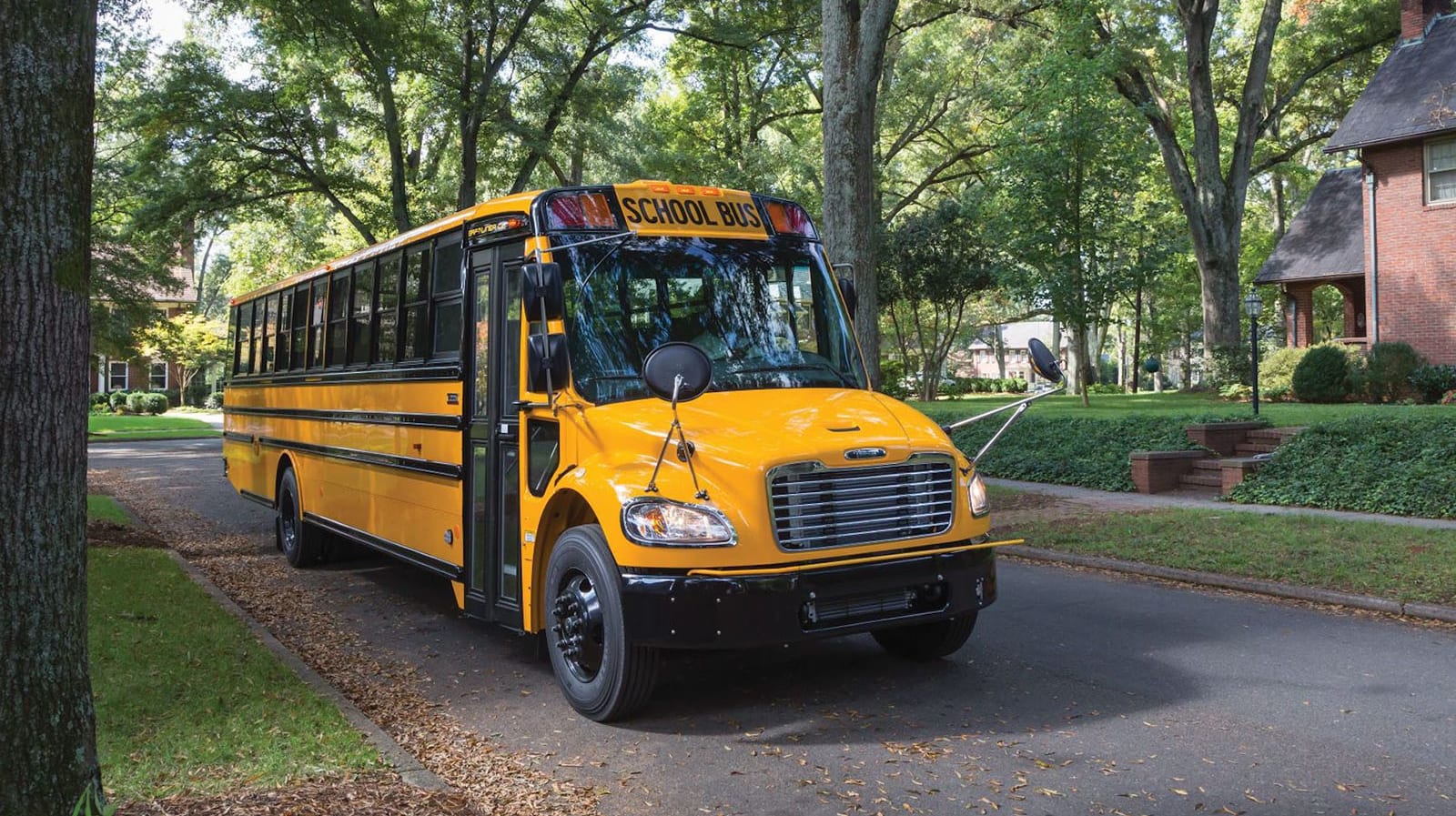 The state of Virginia has taken a big step toward greener school transportation by ordering 50 of Daimler's Thomas Built electric buses, Daimler announced. The Saf-T-Liner C2 Jouley models with 134 miles of range will go into service in the first pha...
The state of Virginia has taken a big step toward greener school transportation by ordering 50 of Daimler's Thomas Built electric buses, Daimler announced. The Saf-T-Liner C2 Jouley models with 134 miles of range will go into service in the first pha...
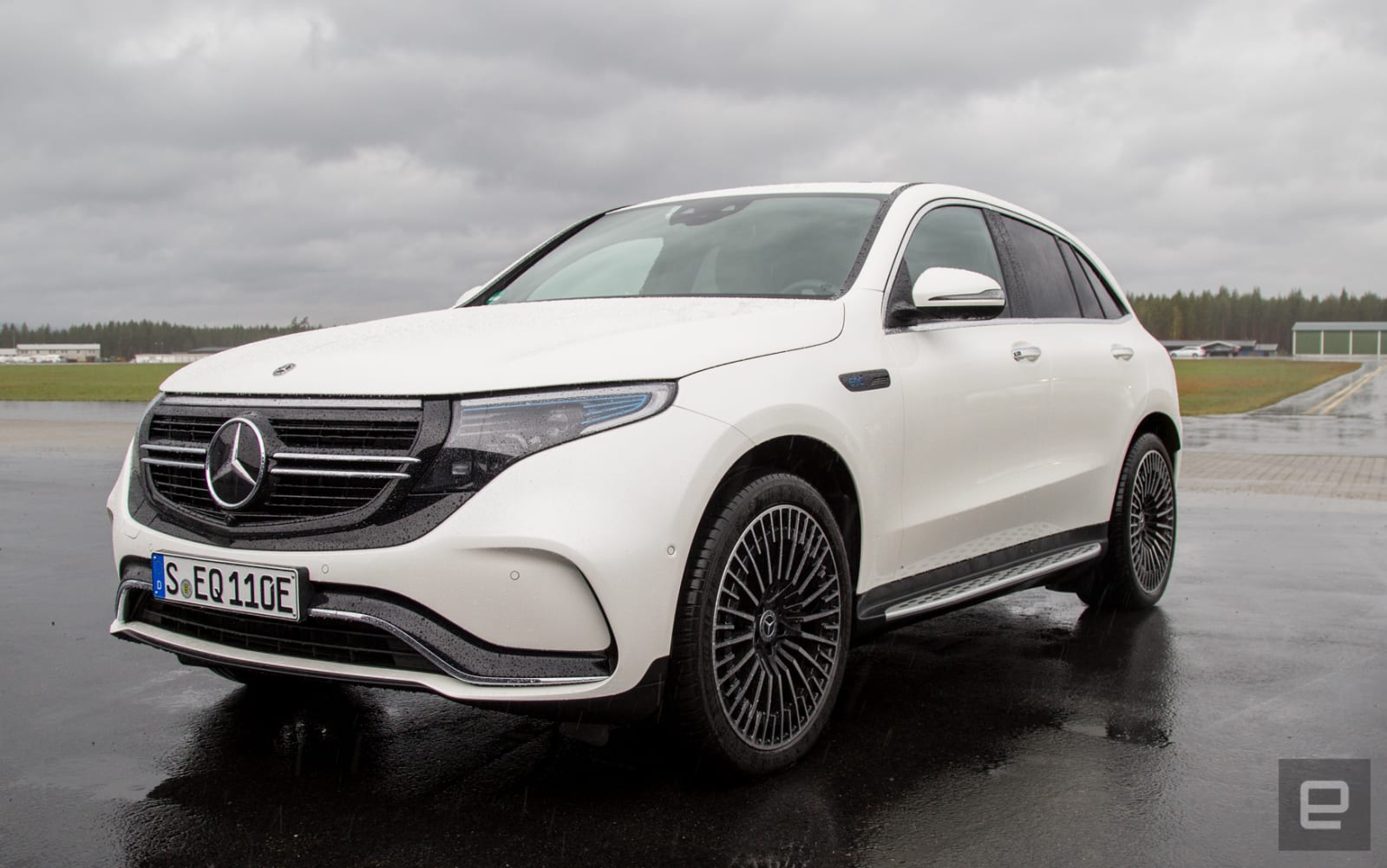 Mercedes' EQC all-electric SUV was initially scheduled to arrive in the US in early 2020. If you were hoping to buy the vehicle stateside, you'll have to wait a little longer. Mercedes has rescheduled the launch date to 2021.
Mercedes' EQC all-electric SUV was initially scheduled to arrive in the US in early 2020. If you were hoping to buy the vehicle stateside, you'll have to wait a little longer. Mercedes has rescheduled the launch date to 2021.
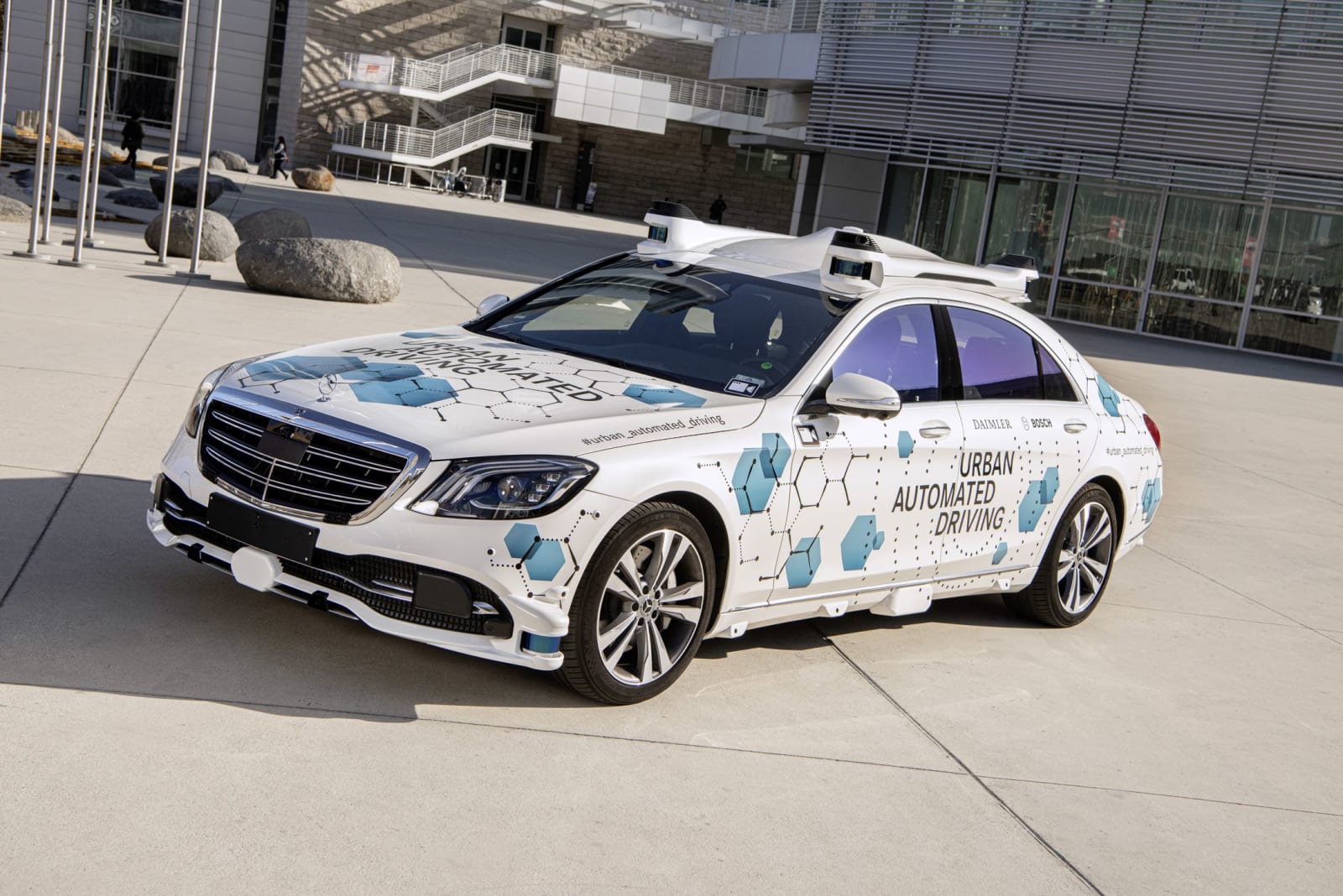 Do you know the way to San Jose? It doesn't matter if you're in a self-driving car. As they previewed earlier this year, Bosch and Mercedes-Benz have commenced trials for an automated ride-hailing service in the Silicon Valley city of San Jose. To st...
Do you know the way to San Jose? It doesn't matter if you're in a self-driving car. As they previewed earlier this year, Bosch and Mercedes-Benz have commenced trials for an automated ride-hailing service in the Silicon Valley city of San Jose. To st...